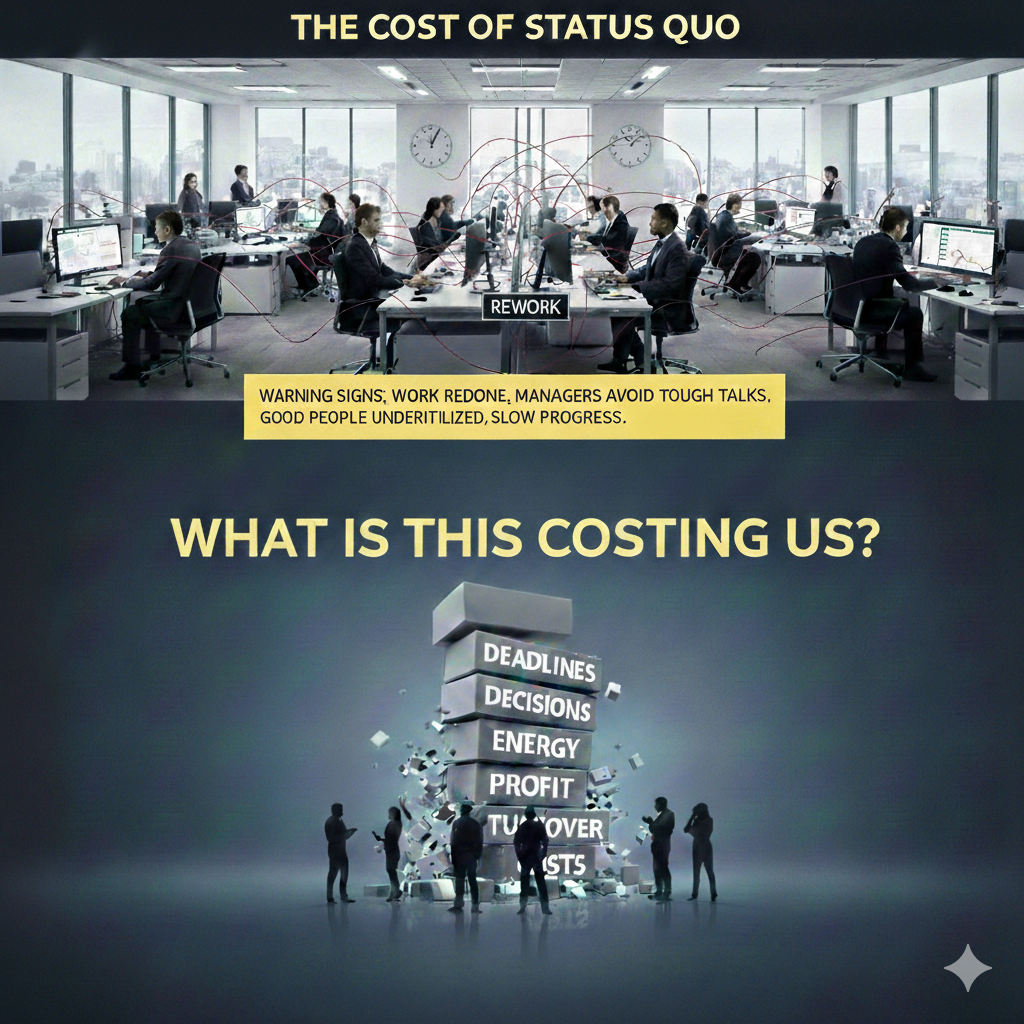Choosing Your Next Leader

Selecting quality leaders is crucial as their primary role is to make others better. Effective leaders are those who collaborate well, fostering a team environment where everyone thrives. High emotional intelligence (EQ) is essential, enabling leaders to understand and manage their own emotions while effectively navigating the emotions of others. Self-awareness is another key trait, allowing leaders to recognize their strengths and weaknesses and seek continuous improvement.
Empathy is vital, as it helps leaders connect with their team on a personal level, fostering trust and loyalty. Integrity ensures leaders are honest and transparent, building a foundation of trust. Lastly, humility allows leaders to acknowledge their limitations and value the contributions of others. By embodying these qualities, leaders not only drive success but also cultivate an environment where everyone is empowered to excel.

